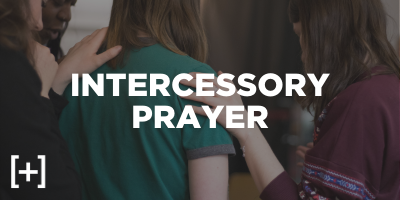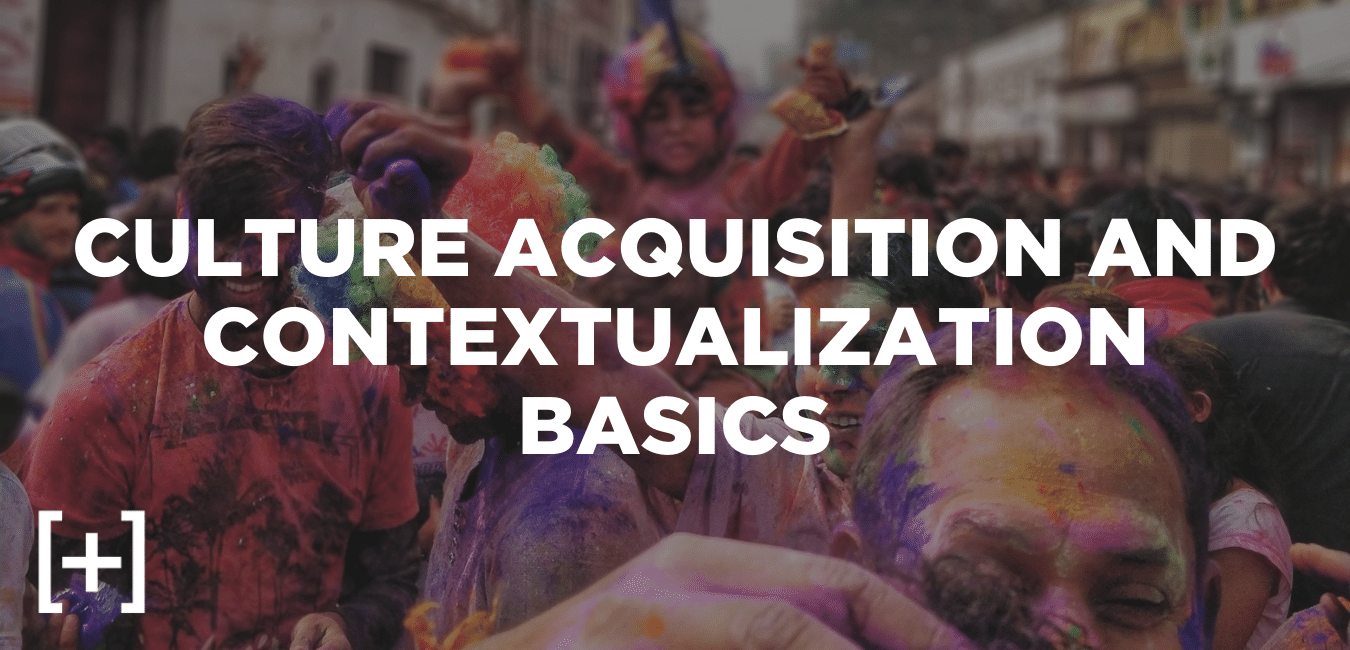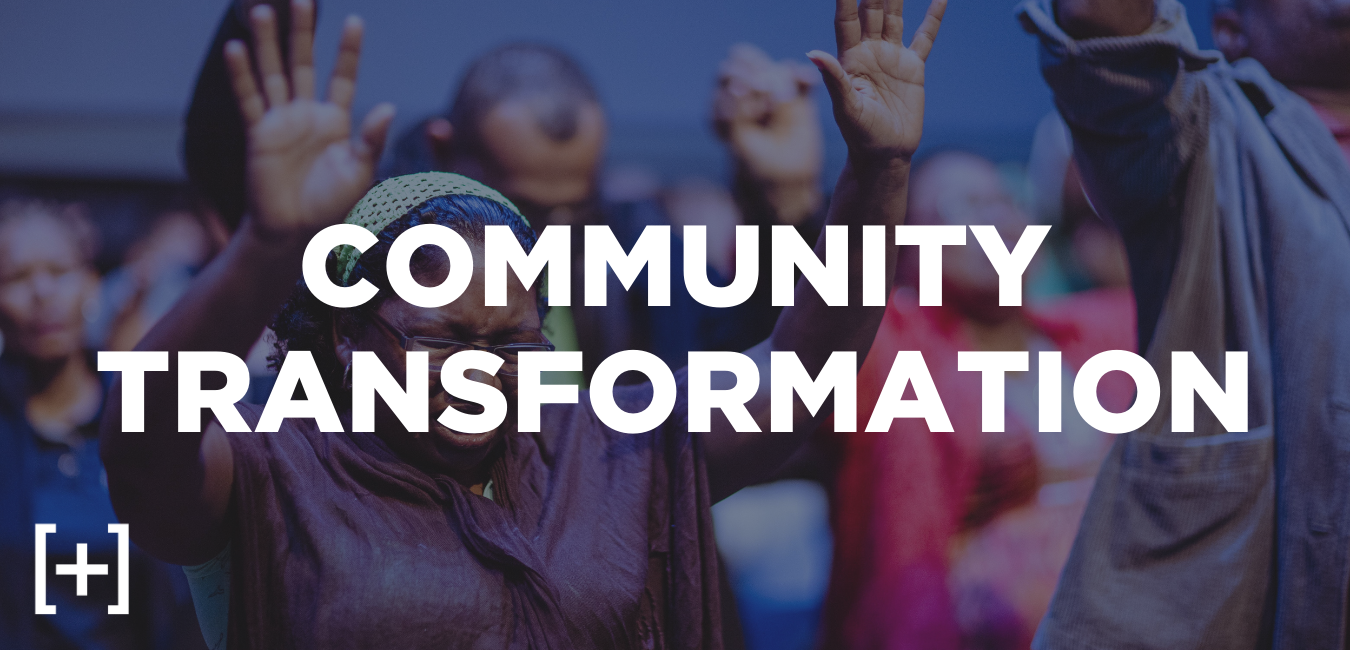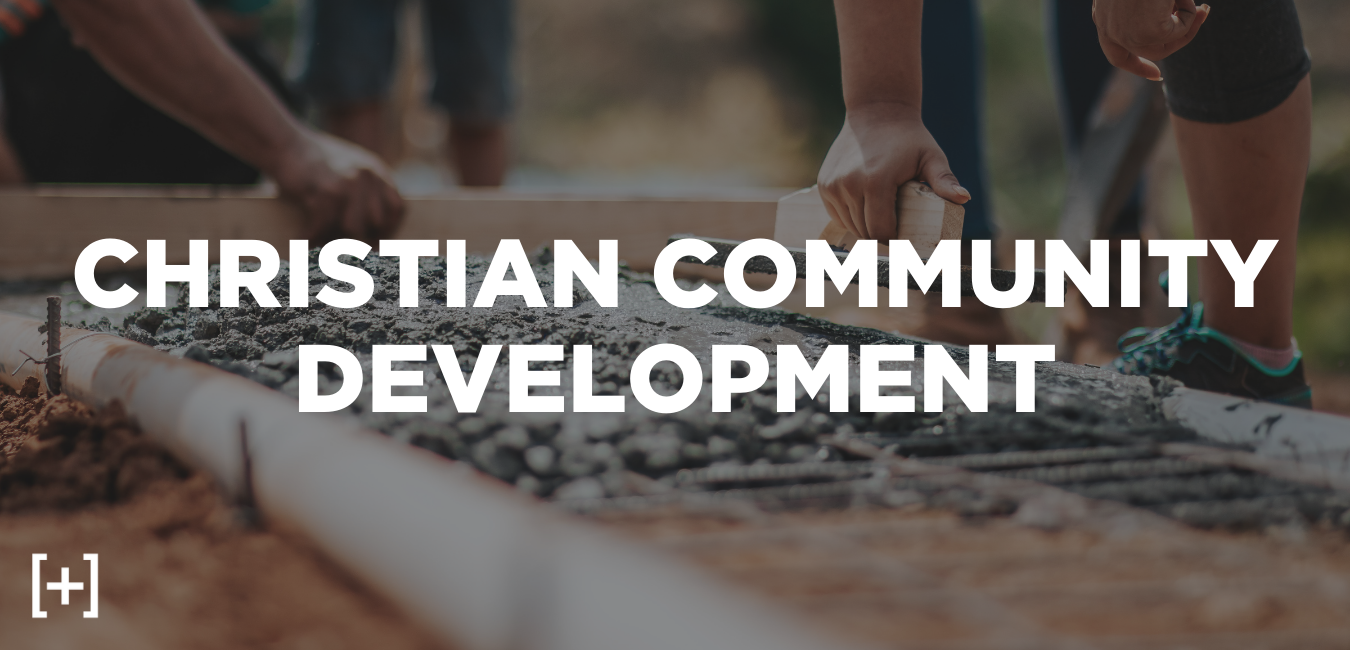Missionary Training School Curriculum
Each week, we focus on one main topic, with the bulk of the Bible studies, classes, and discussions
revolving around that theme.

Great Commission Foundations
This introductory module exposes students to GFM’s foundational values, history, and ministry philosophy. Students receive teachings that form the backbone of all our training (Biblical Basis of Missions, State of the World in Missions, Kingdom of God, Unreached People Groups, 10/40 Window), along with a missions overview of basic teachings from the “Perspectives in the World Christian Movement” course. Additionally, we explain all aspects of MTS, including the Moodle learning management system, assignments, expectations, and ministry hours.

Missions Motivation (Death to Self)
This module explores “death to self,” a major theme in the New Testament. Jesus told His disciples that anyone who wants to gain their life must lose it, and that anyone who does not deny self and take up their cross daily could not be His disciple. Paul stated that he died daily to “self,” that it was no longer he that lived, but Christ in him. This good news is much different from the self-centered gospel often heard in Christian circles. Students will discuss Cat (man-centered) versus Dog (God-centered) Theology and the importance of being dead to self in order to know God’s will and accomplish Kingdom purposes. All of this is included as we discuss the motivation for missions and our focus on God’s glory.

Intercessory Prayer
This module is about intimacy with God and changing the world through abiding prayer. It has been said that “nothing happens apart from intercessory prayer.” Prayer is the missionary’s backbone and is a universal element of every revival and church planting movement throughout history. Students will study various types of prayer in Scripture, receive tools for implementing a consistent prayer life, and spend much intentional time in corporate prayer. Spending time with God trains our hearts to beat as His heart does, rejoicing with things that make Him rejoice, and grieving for things that grieve His heart.

Inner Healing and Identity in Christ
This module focuses on inner healing from past hurts, problems, lies, identity issues, and sin struggles. Missionaries must be set free from their past in order to help others receive freedom as well. Students will work through a self-inventory, taking steps to “forget what is behind and run toward what is ahead.” The book for this module, Bondage Breaker, has helped many people find freedom and deliverance. In this intense week of seeking, praying, and fasting, students draw near to God and get their hearts right with Him before seeking to minister to others.

Personal Discovery and Team Dynamics (Part 1)
In this module, students study personality traits, team dynamics, conflict resolution and spiritual pathways. It has been noted that one of the leading reasons missionaries leave the field is due to difficulty getting along with one another. As missionaries work with their teams and those whom they serve, they must appreciate others' unique personalities, temperaments, gifts, love languages, and worship pathways. Students will discover how to understand themselves and others, resolve conflict, and work cohesively on teams. It is helpful to understand the basics of psychology and sociology as they relate to missions, because mission work is fundamentally about relationships.

World Religions
This module provides an overview of the major world religions represented in the THUMB groups (Tribal Religions, Hinduism, Unreligious, Muslim, and Buddhism). Our students work cross-culturally with people from these religious groups during MTS, with plans to serve in the least reached places of the world. We give a whirlwind tour of each religion, discussing how they developed, their basic beliefs, and some tips on connecting with them in a culturally-appropriate way. This module prepares students for a cross-cultural workshop later in MTS where they practice sharing their faith with those in each THUMB group.

Language Acquisition
In this module, students learn the importance of language learning when working cross-culturally. The class will investigate some effective language learning techniques and participate in a 10-hour GPA (Growing Participative Approach) crash course. They will learn the phases of language learning, the points at which most missionaries plateau, and what to do about it. Language learning always includes bonding with the culture. Ultimately, students will gain confidence that they can indeed learn language to the point of entering fully into the life of their community, sharing the gospel, and making disciples.

Orality and Storytelling
In this module, we consider the most effective way to share the gospel with people of oral or non-literate cultures. Students will learn the power of storytelling and how chronological Bible storying is an effective tool in many mission contexts. By the end of the week, students will know how to craft, tell, and perform stories for individuals or a larger audience. Each student will also lead a small group in which hearers unpack and discover the truths of a Bible story for themselves. Storytelling has proven to be a useful tool for evangelism, discipleship, and church planting all over the world.

Disciple Making and Church Planting Principles
This module’s purpose is to discuss the elements of church planting and disciple making. Students explore New Testament principles currently being used to realize gospel movements to Christ. The class will study various models of church planting, Petrine vs Pauline approach, church planting movements, reproducible discovery Bible studies, obedience based discipleship, and leadership development.

Culture Acquisition and Contextualization Basics
This module highlights the importance of understanding culture and how to contextualize the gospel in biblically faithful ways. Students participate in cultural activities during the week that simulate what it is like to live in another culture. Students grapple with the C scale of contextualization and are guided to take a stance from the Bible on contextual approaches to missions. The week culminates with a cross-cultural evangelism workshop.

Missionary Resilience and Care
This module considers some of the most significant challenges in cross-cultural ministry and provides tools to thrive in the midst of adversity. Some of the topics are grief and loss, understanding your call to missions, culture shock, burnout, spiritual failure, and “third culture kid” realities. The goal of the course is to move students from a place of “surviving” the coming difficulties to a place of “thriving” despite the difficulties, as they participate in the mission of God.

Stewardship and Partnership Development
This module focuses on stewardship of finances and gathering a missionary support team. Students compare what this world teaches concerning money versus what Jesus taught his disciples about the Kingdom view of riches. They will consider the biblical basis of raising support for missionary efforts and receive tips on how to go about vision casting and “friend raising.” This week also includes topics such as budgeting, communicating with supporters, giving, supporting indigenous laborers, and other financial considerations.

The Person and Role of the Holy Spirit in Missions
In this module, we study the person of the Holy Spirit: His filling, fruit, gifts, character, role in salvation and in the Trinity, and we cultivate an atmosphere in which to experience the Spirit’s reality. Many questions surround the topic of the Holy Spirit, such as the element of faith, divine healing, spiritual gifts, and how to hear and respond to the Spirit’s leading. Jesus told His disciples not to leave Jerusalem without the Holy Spirit, because the Holy Spirit gives us the power, direction, strength, counsel, and words we need to fulfill the Great Commission.

Spiritual Warfare and Authority
This module focuses on the reality of spiritual warfare. Missionaries face various kinds of spiritual battles they have not previously experienced; therefore, they need to be prepared both defensively and offensively to stand against the works of the enemy as they enter places where the gospel is not known. In addition, students will focus on the authority that we have in Christ as well as the importance of submitting to authorities that have been established by God.

Singleness, Marriage, and Missions
This module deals primarily with aspects of singleness, marriage, and sexuality in relation to the unique nature of missionary work. As individuals and team members, the maturity of our interaction depends on personal levels of satisfaction concerning these essential aspects of life. Students will consider topics such as boundaries in relationships, purity, accountability, biblical perspectives on sexuality, and how to model and speak biblical truth into the surprising realities of sexual practices in cross-cultural settings.

Personal Discovery and Team Dynamics (Part 2)
In this module, students consider God’s specific call on their lives. This includes critical self-evaluation to determine their S.H.A.P.E. (Spiritual Gifts, Holy Discontent, Abilities, Personality, and Experience) and point them to the unique roles to which God might be call them to fulfill in the task of making disciples of all nations.

Community Transformation
This module identifies principles for spiritual transformation of cities and communities. Students will review examples of God’s power unleashed in times of stunning revival and consider how contemporary disciples can believe God for the same kind of spiritual transformation in today’s world. Students will imagine how it would look for God to reign over an entire community, not solely the spiritual elements. The module also explores the current divide between sacred and secular and the place of vocation in the mission of God.

Christian Community Development
This module’s purpose is to discover the importance of holistic ministry in missions. Most organizations and missionaries have adopted a holistic missions approach that focuses on both physical and spiritual needs. Class discussion includes issues of poverty, injustice, sex trafficking, immigration, and other pertinent topics, as well as the importance of incarnational living. The students also evaluate practical methods to appropriately assist communities to meet local needs in areas of business, agriculture, and community projects.

Trends in Missions
This module examines global trends that will affect the way we do missions in the next 20 years. Students consider topics including globalization, contextualization, technology, urbanization, the rise of the Global South, and short term missions. A good understanding of global trends will equip students for 21st century missions.

Evangelism and Discipleship Practicum
This module unpacks specific ideas for entering a mission field, sharing the gospel, discipling, gathering a church, and developing leadership. This module offers many practical tools that the students have opportunities to practice repeatedly. Parts of this module are highlighted once a week throughout the semester.
Missionary Training School is currently offered at our Atlanta location each spring (January) and fall (August). We also have an online missionary training school for those that are not able to make it to Atlanta. People outside the US are encouraged to apply to Online MTS.
Sign up for our monthly "Unreached Updates" and receive a free missions course!
ABOUT US
GET INVOLVED
GET EQUIPPED
RESOURCES
Global Frontier Missions; PO Box 327; Clarkston, GA 30021
Tax-Exempt Non-Profit EIN #31-1738321
Copyright © 2023 Global Frontier Missions: Christian Missionary Training, Missions Mobilization, Internships
Privacy Policy · Terms & Conditions
Copyright © 2023 · Made with 🤍 by Solertiae Sites
